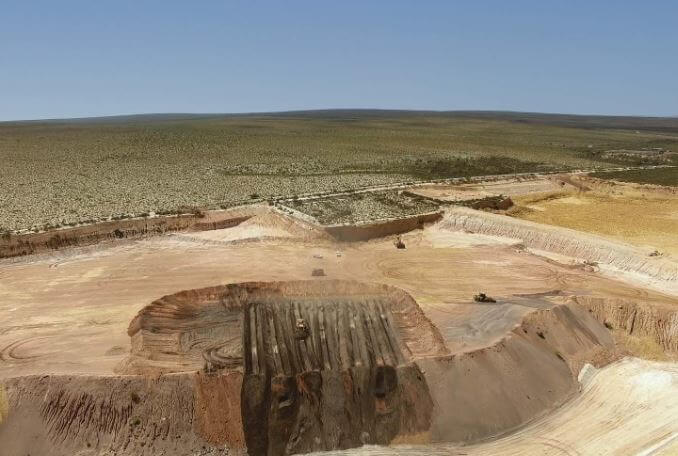Earlier this month the Commonwealth Department of Innovation released its Critical Minerals Strategy for 2023-2030. The department proposes to “use our critical minerals to help Australia become a renewable energy superpower” by “build[ing] sovereign capability in critical minerals processing.”
The target is of course lithium. Australia, more specifically the Pilbara region, has some of the world’s highest grade and largest hard-rock lithium mines. This is as opposed to lithium extracted from brines in high-altitude regions of Bolivia and Argentina.
But there is ambition to develop processing of other minerals too. This will include cobalt, crucial in defence industries, and graphite, as essential material in battery anodes.
“Independent modelling has found increasing exports of critical minerals and energy-transition minerals could create more than 115,000 new jobs and add $71.2 billion to GDP by 2040,” said Industry Minister Madeleine King.
“However, the number of jobs could increase by 262,600, and the increase in GDP strengthen to $133.5 billion by 2040 if Australia builds downstream refining and processing capability.”
These are obviously very worthy goals. Australia has spent most of its economic history low on the value chain as an exporter of raw materials.
Yet what all of this talk boils down to is government subsidies for some already very big businesses. Australian corporate execs are decrying the tyranny of distance and calling for subsidies to get things started with critical minerals.
Renascor Resources received a A$185 million loan for its Siviour Graphite Project in SA’s Eyre Peninsula and Iluka Resources was loaned $1.25 billion for its planned rare earths refinery on the WA coast between Perth and Geraldton, which is currently under construction.

Macquarie Capiital and Pilbara Resources, meanwhile, are calling for a further $1 billion in funding support for a lithium processing plant.
Whether these end up being no more than hand-outs or investments that pay off for the average Australian taxpayer, only time will tell.
Sign Up To Our Free Newsletter